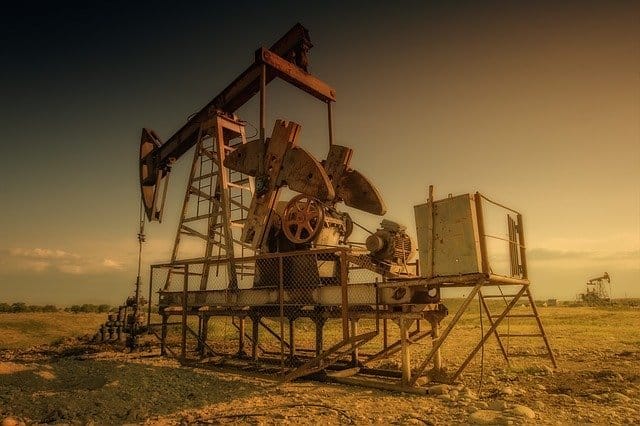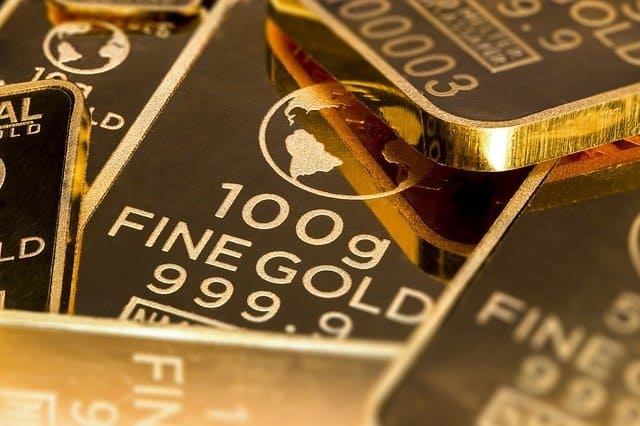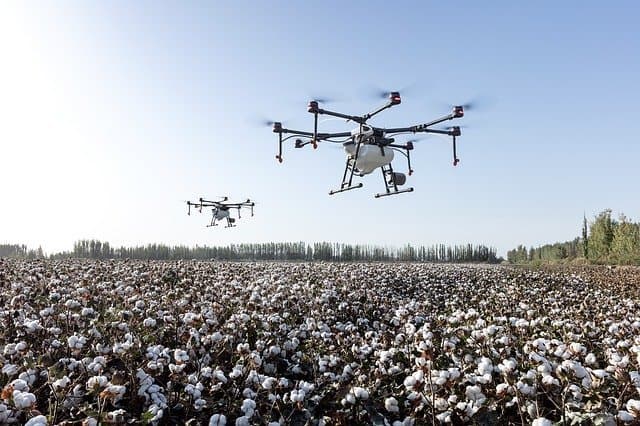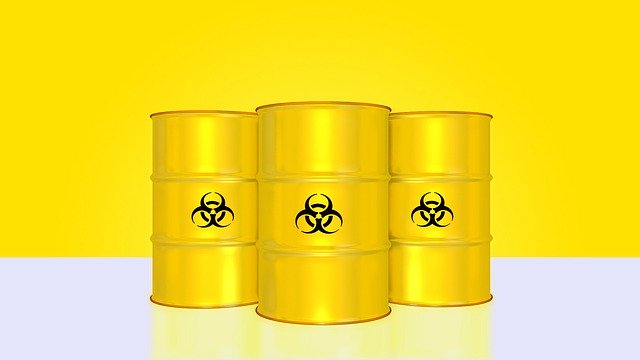Investing in commodities
Investing in commodities is becoming increasingly popular. In the past, only professional investors could invest in commodities such as oil and gold. However, with the advent of online brokers, anyone can take advantage of fluctuations in the commodity markets. This article explores how you can benefit from trading the commodity markets.
How can you invest in commodities?
There are several ways you can invest in commodities. We discuss the different ways for trading commodities in this section.
Investing in commodities through ETFs
You can also choose to invest in commodities long-term. ETFs or Exchange-Traded Funds are suitable for this. ETFs are funds that track, for example, the price of one or more commodities. Some examples of EFTs are:
- iShares Silver tracks the price of silver
- GLD Gold tracks the price of gold
- USO-Oil Fund tracks the price of oil
It is easy to buy and sell these types of Investment Funds through a broker. Would you like to know through which brokers it is cheapest to invest in commodities? Click the button below to compare the best commodity brokers:
Indirect investment in commodities through shares
It is also possible to choose a less direct approach. You can purchase shares in companies handling a certain raw material. Some examples of this are:
- You can invest in gold by purchasing shares in a goldmine.
- You can invest in oil by purchasing stocks in an oil company.
- You can invest in sugar by purchasing shares in a candy company.
Note that this means you are making an indirect investment in commodities. The stocks’ results will depend on the companies’ performance. Under improper management, a company dealing in gold can perform poorly even when the price of gold is rising. Therefore, it is in your best interest to thoroughly research a company before investing.
Would you like to learn how you can buy shares? In our article regarding stock purchasing you will find all pertinent information:
Active speculation in the prices of commodities
If you want to invest in precious metals such as gold and silver, it is possible to purchase a fixed amount. This becomes more difficult with commodities such as oil and grain, because these materials are only traded in large quantities. Thanks to the advent of CFD brokers, it is now possible to speculate on the price of commodities as a private investor without being responsible for the storage of the commodity.
But how does trading in commodities work when you use CFDs? With CFDs, you can speculate on commodities’ price increases and drops. Thereby, you can respond perfectly to the latest market developments.
In our CFD category you can discover what this modern way of trading entails. It is even possible to try trading for free through a demo!
Direct investment in commodities
In some cases, you can choose to simply buy commodities. This is not very practical with oil or grain, but with precious metals, such as gold or silver it is possible. The cost of purchasing commodities are often higher, and you must take such things as storage- and security costs into account.
What kind of commodities can you invest in?
There are different kinds of commodities in which you can invest. In this section we discuss the most popular commodities to invest in.
Energy related commodities
Commodities that are used for energy generation play an important role in the world economy. Do you want to trade in energy commodities? Then you can choose to invest in oil or natural gas.
The oil price is often dependent on economic development. When the economy is doing well, more energy is needed. Therefore, the price of oil can rise dramatically. Oil is one of the most traded commodities.

Precious metals
Precious metals are also popular with investors. Precious metals are metals on which rust has a limited effect. Well known precious metals in which you can invest are gold, silver, copper, and platinum.
Gold is often seen as a safe investment. Investors buy gold when financial markets perform poorly. However, precious metals often have other functions as well. For example, silver and copper are often used for technical applications.

Agricultural commodities
There is also a lot of speculation in the prices of agricultural products. Derivatives allow farmers to protect their products from falling prices. Popular agricultural products in which you can invest are, for example, coffee, corn, cocoa, sugar and cotton.
The demand for agricultural commodities is largely dependent on supply and demand. When crops fail, the supply could drop; prices can then rise in response. When the economy is strong, the demand for agricultural products increases. This can also drive up the price of these types of commodities.

Chemical metals
You can also choose to invest in chemicals. Chemical elements cannot be found in nature. Therefore, these commodities must be made synthetically. Examples of such chemical metals are uranium, lithium, and cobalt. When the economy is strong, you often see an increase in the demand for these kinds of commodities.

Why do people invest in commodities?
Investing part of your money in commodities can be attractive. Commodities are of interest to the active trader because the push and pull of supply and demand ensures that the price fluctuates constantly. If you play your cards right, daytraders can make a tidy profit on this.
However, purchasing commodities can also be interesting long term. Unlike companies, commodities cannot go bankrupt. The supply of commodities is finite, while the demand will only increase over time. When you have enough patience, you can achieve a solid return on an investment in commodities.
How is a commodity price determined?
Commodity trading works just like stock trading. Supply and demand determine the price of a commodity such as gold. When there are more buyers than sellers, the price increases until a balance between the number of buyers and sellers is found.
Many speculators are active in the commodities market. As a result, the price of a commodity can sometimes move in a surprising direction.
The usefulness of derivatives
Investing in commodities is almost always done through derivatives such as CFDs and futures. These derivatives have a useful function in the economy. Many companies depend on certain commodities. For example, they need copper to produce phones. If the price rose too much, it would jeopardize the profitability of the company.
With a derivative, a company can then prevent the price from rising too much. The derivative ensures that the company can buy the commodity at a fixed price. Derivatives can therefore be used by companies to limit the risks within the commodity market.
Commodities are scarce
Many commodities are scarce; this makes them an attractive investment. In the short term, prices will fluctuate sharply, but once supply eventually falls, prices will rise sharply due to unchanged demand. Commodities often react strongly to economic developments and can therefore be quite volatile. This makes it advantageous to invest in commodities in the short term.
In the category investing in commodities you will find several interesting articles that discuss the characteristics of commodity investing.
